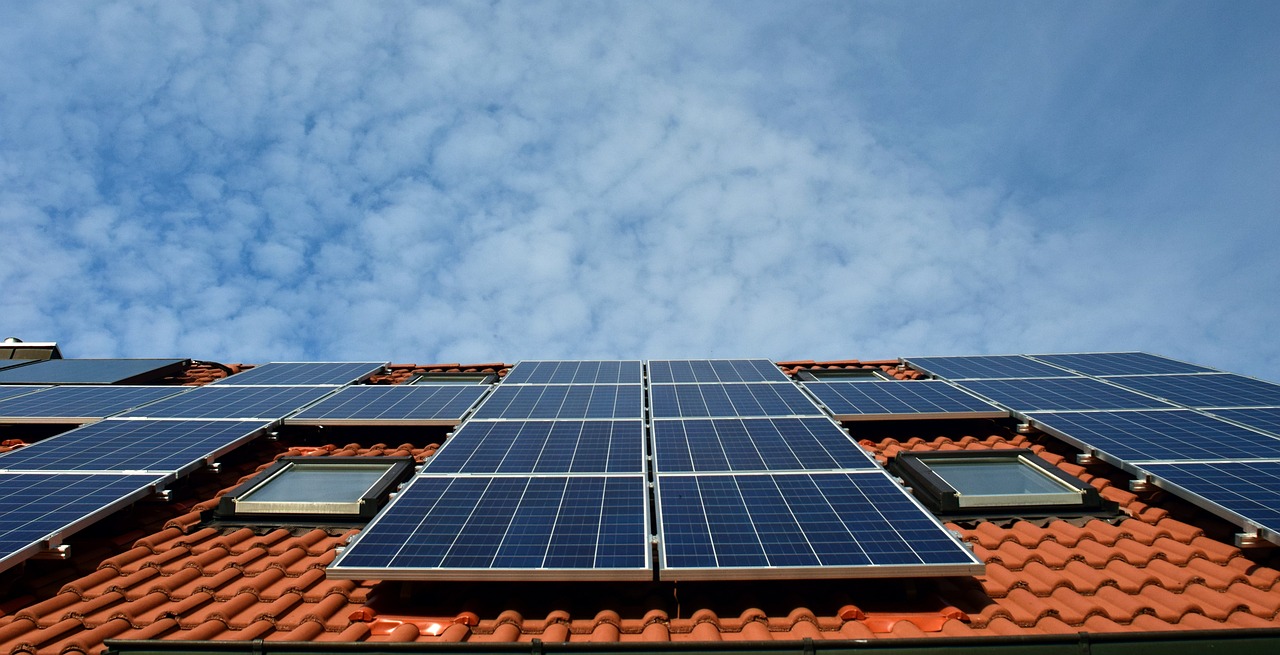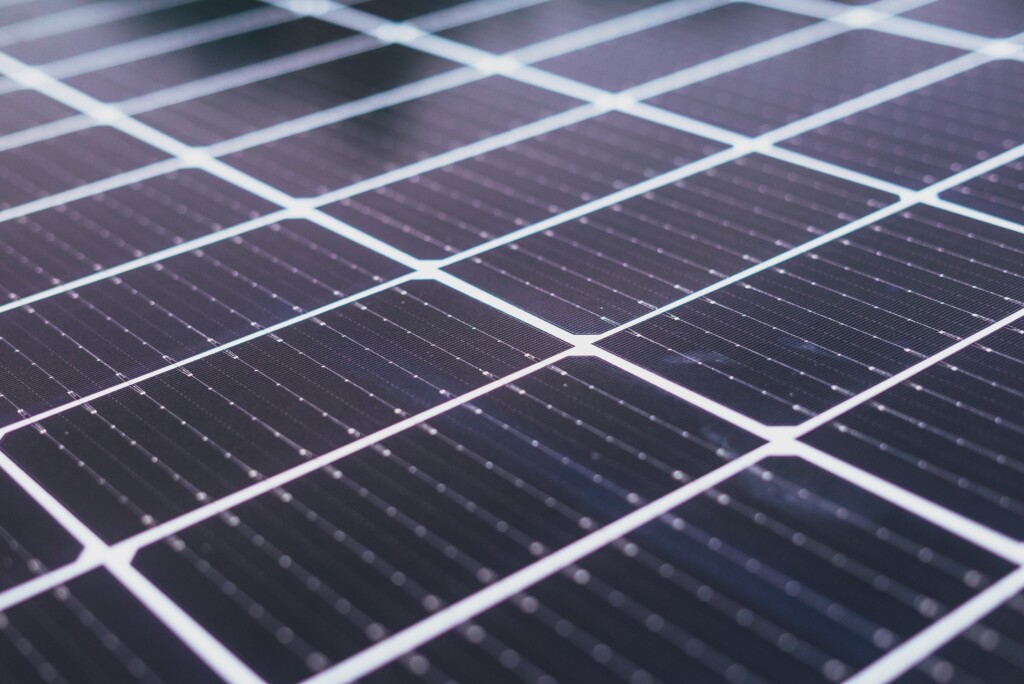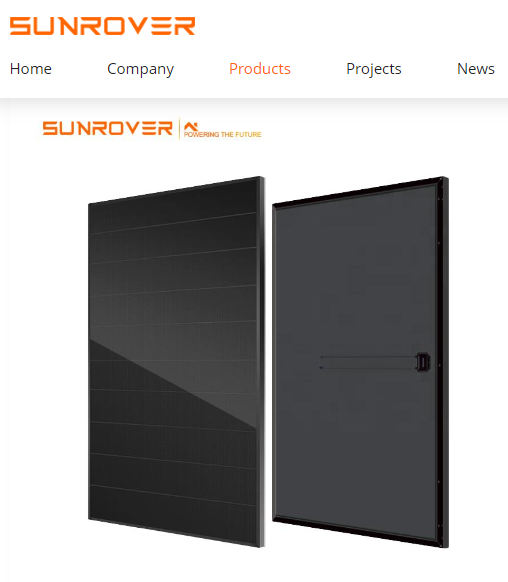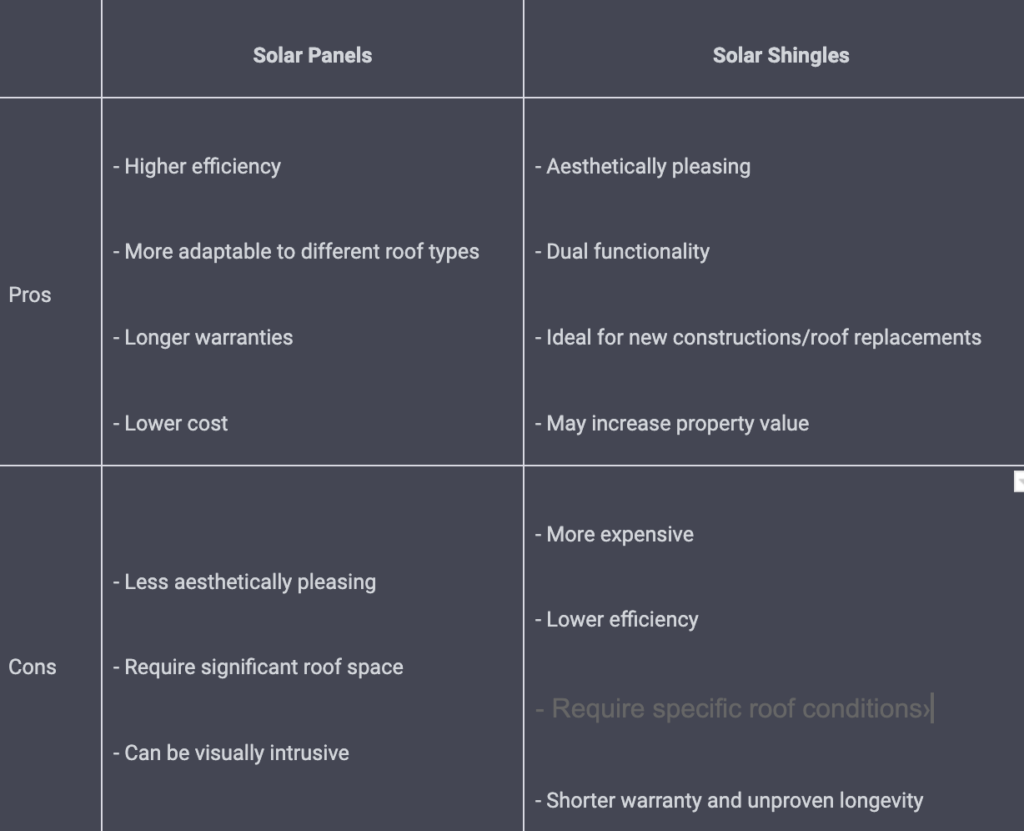Future of Solar, Solar Energy, Solar Technology

As the sun rises, casting its golden rays across the landscape, a great force of power is at our disposal – a force with the potential to transform the energy landscape and propel us into a greener, more sustainable future. This solar energy, unending and ubiquitous, waits to be harnessed and utilized, lighting up homes, powering appliances, and offering us a tangible way to reduce our carbon footprint. As the world pivots towards renewable energy sources, two solar technologies have emerged at the forefront of this solar revolution – Solar Panels and Solar Shingles.
Solar panels, like a well-loved novel, have been around for a while. They are the seasoned veterans of the solar energy world, familiar figures on rooftops, silently sipping the sunlight and transforming it into electrical energy. On the other hand, solar shingles are the rising stars of the solar world, promising the same energy-producing capabilities as solar panels, but with an added touch of architectural elegance. Much like replacing a worn-out book cover with a vibrant new one, solar shingles merge effortlessly with your roof, enhancing your home’s aesthetic appeal while simultaneously powering your everyday life. As we stand at the crossroads of this exciting green energy era, you may find yourself contemplating which of these solar options is right for you. Do you choose the tried and tested route of solar panels or venture down the less-trodden path of solar shingles? Like deciding between a cherished classic and a promising new read, the choice may not be an easy one.
In this article, we will provide an in-depth guide comparing solar panels and solar shingles. We will shed light on their workings, discuss their advantages and disadvantages, and delve into their practical differences. But don’t worry – this won’t be a technical marathon filled with jargon and complex diagrams. Instead, we’ll navigate this solar journey together, unravelling the intricate details in a way that is easy to understand and enjoyable to read. So, whether you’re a homeowner looking to make the shift to renewable energy, an enthusiastic green energy advocate, or simply curious about the world of solar power, this guide is for you. Here’s to embarking on this solar journey together, illuminating our paths and enlightening our choices, one ray of sunshine at a time. Let’s turn the page and begin.

Solar panels – they’re the dependable hardcovers of the solar energy world. Each panel is essentially a collection of solar cells, which are made from semiconductors, usually silicon. Picture these cells as a sponge, absorbing sunlight throughout the day. But instead of water, they’re soaking up photons – the energy particles in sunlight. Now, here’s where the magic happens. When a photon hits the solar cell, it shakes things up, causing electrons in the silicon to break loose. These displaced electrons are then captured to create an electrical current, like a river flowing from the movement of water. This process, known as the photovoltaic effect, is the cornerstone of solar energy conversion.
The benefits of solar panels are plentiful. They’re robust, highly efficient, and come with a track record of proven performance. Just like our trusty hardcovers, solar panels are long-lasting, typically offering warranties of 25 years or more. Their potential for significant energy savings, reduced carbon footprint, and attractive return on investment are major drawing cards. However, solar panels are not without their drawbacks. They require ample space and work best on large, unshaded rooftops with the right orientation. Like a bulky hardcover book, they are somewhat conspicuous and may not be the most aesthetically pleasing solution for all homes. Solar panels are best suited for those who have sufficient roof space and live in areas with high solar exposure. They are also ideal for those who prefer a proven technology with a long track record of reliable performance, somewhat like opting for the bestselling author over a debut novelist.
Solar shingles, on the other hand, are the snazzy new hardbacks on the solar energy bookshelf. Also known as photovoltaic shingles, they are a type of solar energy solution that integrates seamlessly into your roof, just like traditional shingles. The modus operandi of solar shingles isn’t much different from solar panels. They employ the photovoltaic effect to transform sunlight into electricity. Envision these shingles as a series of interconnected flash fiction pieces, each absorbing their share of sunlight, and together spinning a compelling tale of electrical power.
Solar shingles bring a host of exciting benefits. They provide a visually pleasing, less intrusive method to generate solar power, blending seamlessly with the existing roof design. It’s like choosing a novella that not only delivers an engaging narrative but also boasts an alluring cover that elevates your bookshelf’s appeal. However, solar shingles also present some potential challenges. They can demand a higher investment for installation than traditional solar panels, and their efficiency may be somewhat lower. Also, because they take the place of your existing roofing, they require a greater commitment, akin to investing in a complete anthology rather than a standalone book.

Solar shingles are the perfect fit for those constructing a new house or replacing a roof, and for homeowners who place a high value on aesthetics and are willing to pay extra for a more integrated look. They’re the top choice for the design-conscious homeowner who doesn’t want to trade style for sustainability, much like a reader who cherishes beautifully designed novellas on their shelf.
If solar panels are the hardcovers and solar shingles the hardbacks of the solar energy world, then how do these two editions compare? Several key factors come into play – cost, efficiency, flexibility, dimensions, aesthetics, longevity, and warranty.
Cost. In terms of cost, solar panels usually have the upper hand. Think of them as the established author’s work – their production process is streamlined, making them typically less expensive than the trendy hardbacks, the solar shingles. However, solar shingles often justify their price by offering dual functionality – as a roofing material and a power generator.
Efficiency. When it comes to efficiency, the solar panel holds the trophy. Like a well-seasoned author, solar panels can craft more electricity from the same amount of sunlight. This is not to say that solar shingles are inefficacious, but their newer technology hasn’t quite reached the same level of proficiency.
Flexibility and Dimensions. In terms of flexibility and dimensions, solar panels once again take the lead. You can install them on a variety of roof types and angles, making them more adaptable, much like a hardcover book that can fit in various bookcases. On the other hand, solar shingles need specific conditions – a certain roof pitch and a south-facing direction to perform optimally, much like a hardback needing a certain shelf space.
Aesthetics. Aesthetically, the newer solar shingles easily win the beauty contest. They are sleek, blend with the roof, and preserve the home’s original look, just like a stylish hardback adding charm to your bookshelf. Traditional solar panels, despite their efficacy, lack in this department.
Longevity and Warranty. In terms of longevity and warranty, solar panels hold a strong record, typically with a 25 to 30-year warranty. Solar shingles, while improving, typically offer warranties around the 20 to 25-year mark.
The decision between solar panels and solar shingles is personal and depends largely on individual circumstances and preferences. Just as choosing between a hardcover or paperback edition of a book depends on various factors, so too does the decision between these two solar technologies.
Several key considerations can help guide your decision:
Budget: Solar panels generally have a lower upfront cost compared to solar shingles, making them an attractive choice if budget constraints are a primary consideration.
Geographical Location and Sun Exposure: Solar panels are known for their superior efficiency, meaning they can convert a greater proportion of sunlight into electricity. If your location experiences high levels of sunshine and your roof has ample, unobstructed space to catch this sunlight, solar panels could provide a significant energy yield.
Roof Type and Condition: Solar panels offer more flexibility in terms of installation, making them a more suitable option for unconventional roof designs or for roofs that are not due for replacement in the near future. On the other hand, solar shingles require specific roof conditions, including the right pitch and orientation, but they serve as both roofing material and a power generator, replacing your traditional roof.
Aesthetics: If maintaining a certain aesthetic appeal or preserving the original look of your home is important to you, solar shingles, with their seamless integration, might be your preferred choice. They are especially beneficial for new constructions or when an old roof needs replacing.
Long-term Plans: If you are willing to make a long-term investment for an integrated look and the dual functionality of roofing material plus solar technology, solar shingles could be an attractive choice despite their higher initial cost.
Remember, both solar panels and solar shingles have their unique strengths and advantages. Your choice should ultimately align with your specific circumstances, financial capacity, and personal preferences.
The choice between solar panels and solar shingles is largely contingent upon the individual circumstances, needs, and preferences of homeowners. Both technologies offer considerable advantages but also come with certain limitations.
Here is a comprehensive comparison table highlighting the pros and cons of both solar panels and solar shingles:
Both solar panels and solar shingles have their unique advantages and potential drawbacks. Your decision should be based on a thorough evaluation of these factors and an understanding of how they align with your specific needs, preferences, and long-term plans.

When you’re considering a transition to solar power, the choice between solar panels and solar shingles is a critical decision, one that requires careful thought and analysis. Both options provide their unique advantages and drawbacks, and your final selection would be based on your individual preferences, financial considerations, and the specific circumstances of your property.
Solar panels have been a trusted and time-tested method for harnessing solar energy for years. They provide notable efficiency and reliability, making them a favoured choice for many homeowners. Their robust nature and proven track record make solar panels particularly well-suited for homes with large, unobstructed roof space. They are also typically more affordable, making them an attractive option for those on a tighter budget or who prioritize a higher return on investment.
In contrast, solar shingles represent a more modern approach to solar energy generation. Their key advantage lies in their aesthetics, as they offer seamless integration with your home’s architectural design. Solar shingles can be an excellent choice for homeowners who prioritize visual appeal or are in the process of constructing a new home or replacing their existing roof. Although they often require a higher initial investment, the potential to enhance the property’s value and the long-term energy savings they offer can offset this cost over time.
As our society continues to strive for greater sustainability and environmental consciousness, the decision between solar panels and solar shingles represents more than just a personal choice. Each option is a significant step towards reducing our dependence on fossil fuels, shrinking our carbon footprint, and contributing to a cleaner, greener planet. Choosing between these two methods of harnessing solar energy is indeed a fortunate conundrum to have. Both solar panels and solar shingles empower homeowners to take control of their energy production and make a positive impact on our environment. Whether you choose the trusted reliability of solar panels or the sleek integration of solar shingles, either decision places you at the forefront of the renewable energy revolution.
Yes, currently, solar panels are more efficient than solar shingles. However, solar shingle technology is continually improving.
Solar shingles require a certain roof pitch and optimal orientation (usually south-facing) to perform efficiently. They are best installed during a new build or roof replacement.
Both solar panels and shingles require minimal maintenance. Regular cleaning to remove dust and debris ensures optimal performance.
Solar panels typically come with warranties of 25-30 years, while solar shingles usually offer warranties around the 20-25 year mark.
Solar shingles can be worth the investment for those prioritizing aesthetics or needing a roof replacement. They may cost more upfront but can enhance property value and offer long-term energy savings.
Stay a while and read more posts like this
In recent years, Europe has witnessed a remarkable surge in the adoption of solar panels, marking a pivotal shift towards renewable energy. Data from the...
Renewable Energy, Solar Energy, Solar Energy Basics, Solar Technology
“Unlock the Truth: Get the Facts on Solar Energy!” Introduction Solar energy is becoming increasingly popular as a renewable energy source, but there are...
Imagine a world where you’re able to cut your monthly energy expenditure substantially. A reality where your home isn’t reliant on finite,...